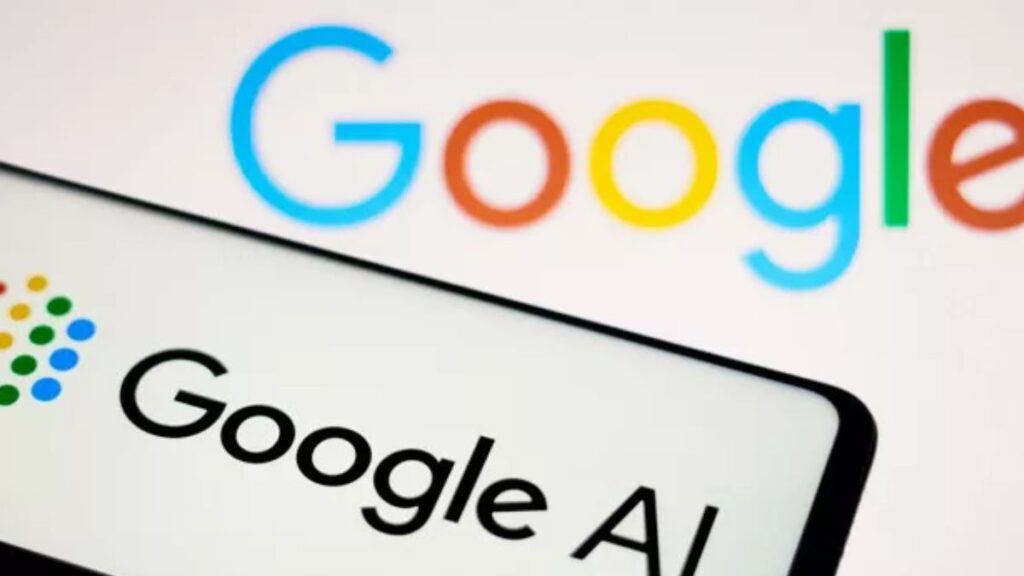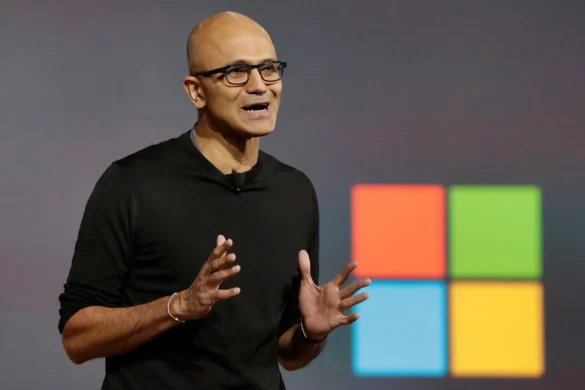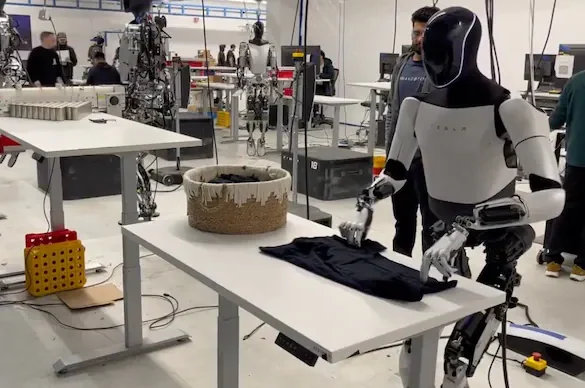Apps stores like Google Play Store are currently filled with generative AI apps. Apps like ChatGPT, Bing, Lensa, and others have become valuable platforms for users. However, the widespread use of AI is also raising concerns about its potential misuse. Deep fakes, explicit content and other objectionable content make people unsafe. To protect users from these problems, Google recently updated its developer policies for Android apps on the Play Store.
In line with its latest policy update, Google will implement a set of new guidelines for content on the Play Store starting next year. The new rules aim to promote responsible use of AI for both apps and users.
According to a recent blog post from Google, Android apps incorporating generative AI will be subject to new requirements in the early months of next year. These applications will be required to include a dedicated button for users to flag or report any objectionable content. Additionally, they will have to follow new rules about what type of AI content is allowed.
Google’s new AI-generated content policy will apply to a variety of AI apps, such as chatbots, image generators, and video or audio creators that feature real people. However, apps that host, summarize, or use AI as a productivity feature are not covered by the policy. Google aims to improve the quality, security, and privacy of Android apps with these policy updates, which are designed to create a more secure and reliable user experience.
Additionally, Google has also outlined the scope of its AI-generated content policy, identifying examples of “problematic AI content” such as nonconsensual deepfakes, fraudulent recordings, misleading election content, sexually explicit generative AI apps, and malicious code creation. Google is also changing the permissions required by generative AI apps like ChatGPT, which will only be allowed to access photos and videos for core functionality. As a result, AI apps like ChatGPT that do not need storage access to function but often request access to photos or videos will soon need to rely on Google’s system picker for these permissions.
“Photos and videos on a user’s device are considered personal and sensitive user data and should be treated with the utmost privacy best practices,” Google said. “This sensitive information makes users vulnerable to becoming the target of leaks or exploits, so reducing this access helps avoid the burden on developers of handling such sensitive data.”
Only apps that need to access multiple photos and videos will still be able to get the normal permissions. Apps that need access to only a few photos or videos will have to use Google’s photo picker instead.
Meanwhile, Google is also changing how apps can show full-screen notifications. Right now, many apps use this feature to trick people into buying subscriptions or in-app purchases. When the new policy goes into effect, Google says only apps that really need to use full-screen notifications will be able to do so, and they’ll need to get special permission from Google.



